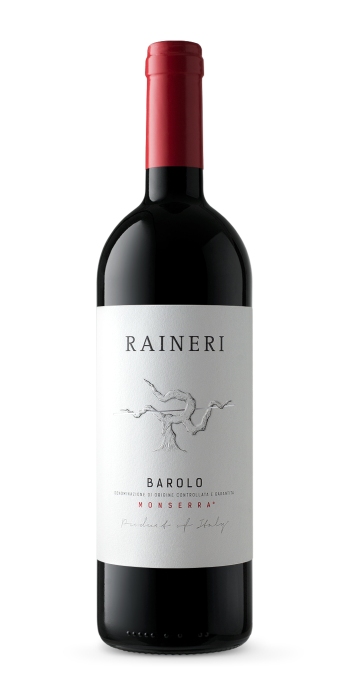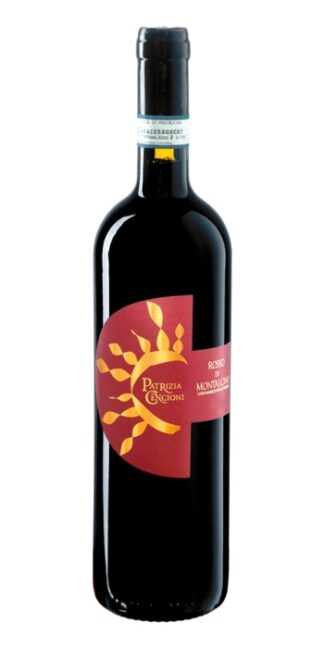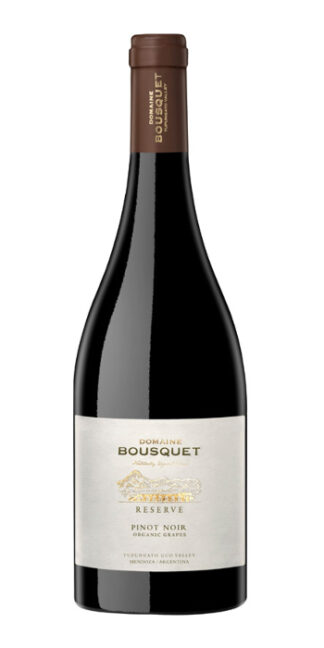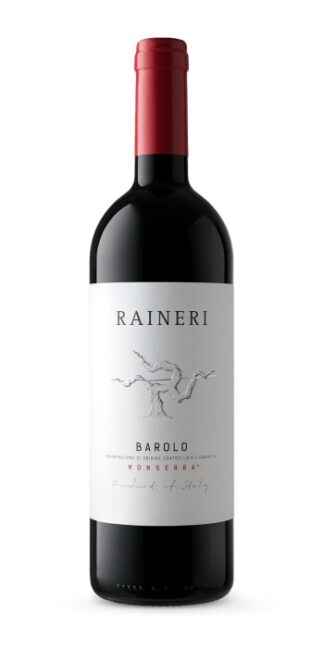Description
Barolo 2012 Monserra Magnum Raineri
Variety: Nebbiolo 100%
Iridescent garnet red.
Not only time, but also space. Together with the long aging, the larger format grants a wonderful development to the aromas of withered violet, forest in autumn, with fallen leaves and musk. The porcini mushrooms, and the ripe plum. Some aromatic herbs, and gentle spice notes. Complex and numerous, they are also distinguished by their class.
On the palate it is Powerful, for the volume expressed, but also solid in its hardness. The tannins are proud spokespersons, although they are more refined in their ways. The minerality and acidity reaffirm the concept, for a balanced and harmonious Barolo. From the palate aromas of fruit and balsamic essences reach the nose.
Overall it is really a great Barolo, perfect to drink now, despite being able to improve for another 10 years.
Accurately accompanies an infinite number of traditional Piedmontese and Ligurian dishes. Bù di Carrù boiled meat, stewed rabbit in terracotta pot with thyme and Taggiasca olives, Fassona rib, foiade with hare ragu and red lentils with onion, celery, cherry tomatoes from Pachino and Etna red peppers .
Barolo 2012 Monserra Magnum Raineri
Raineri practices eco-sustainable agriculture, with grass coverings, and defense against powdery mildew and downy mildew with copper and sulfur. No use of herbicides.
The grapes come from the vines of the Perno vineyard, located in the municipality of Monforte d’Alba.
Soil: the conformation of the soil is sandy, with limestone marl and clay.
Exposure and altitude: south-west, while the vineyard has an average height of 350 meters above sea level.
Planting system: espalier with guyot pruning, for an average plant age of 25 years. The yield of grapes per hectare is equal to 55 quintals.
Harvest is done manually, to select only the best bunches, with the use of 20kg boxes.
The period, in normal climate conditions, occurs around mid-October.
After removing the stalks before crushing the berries, it then ferments in thermo-regulated stainless steel tanks for about three weeks. Carries out the malolactic transformation and then refines in large Slavonian oak barrels for 24 months.
Filtration takes place by decantation and decanting, consequently the bottling is carried out without any filtration or clarification.






